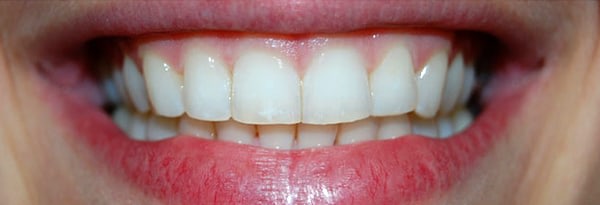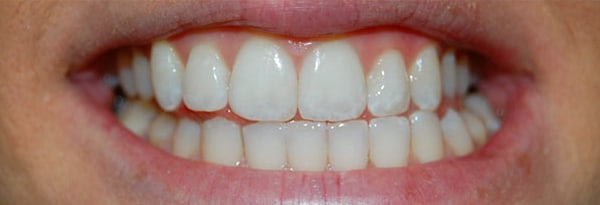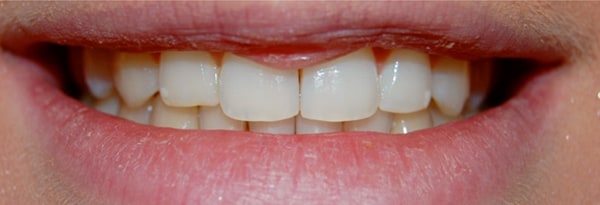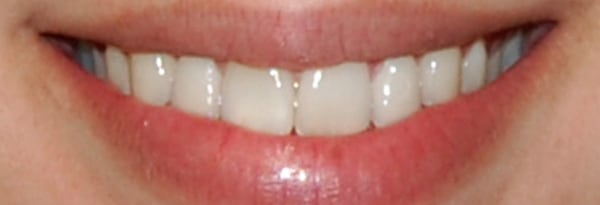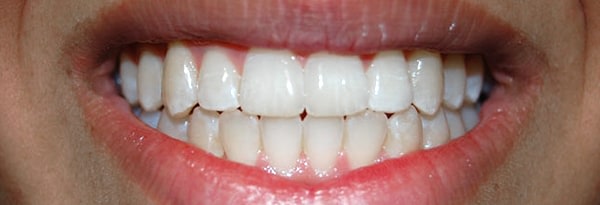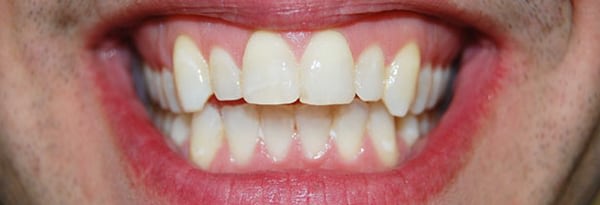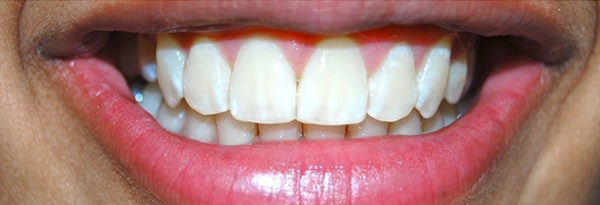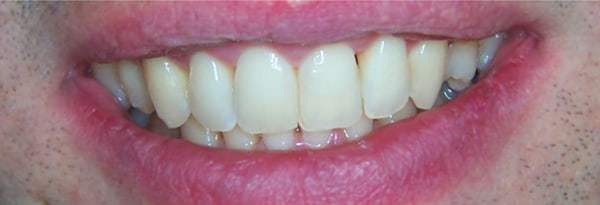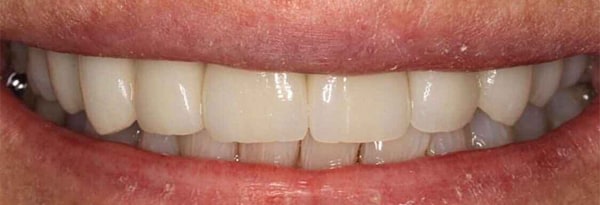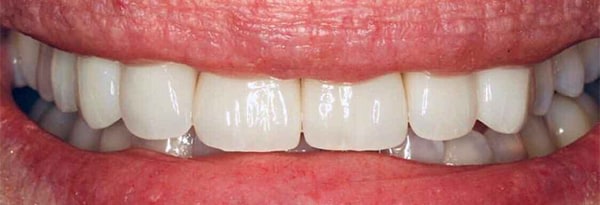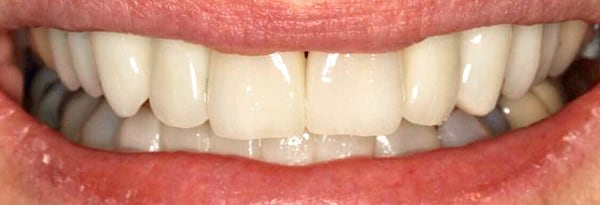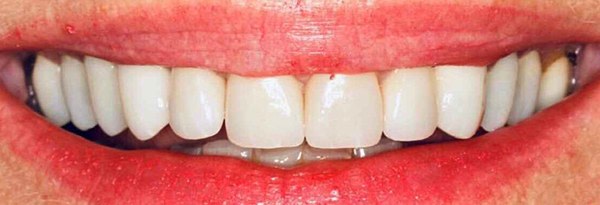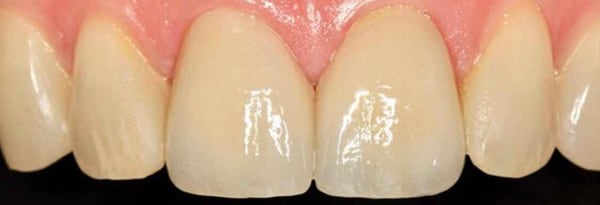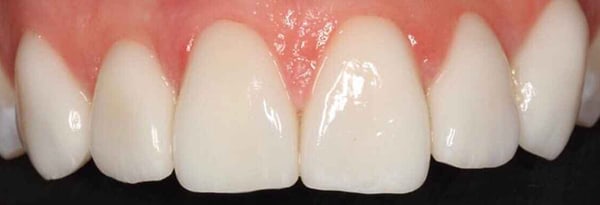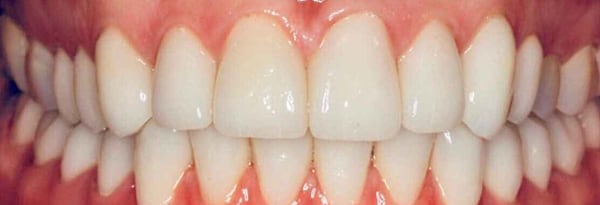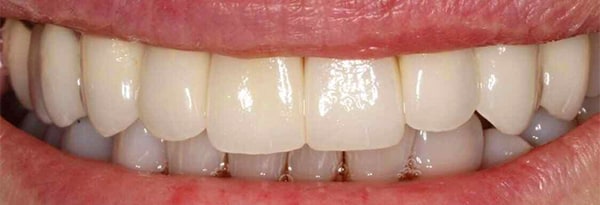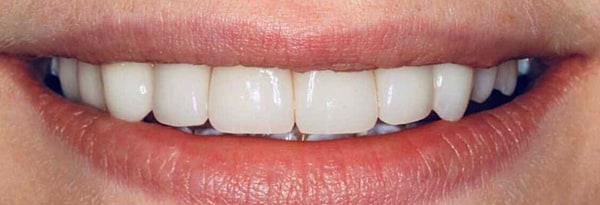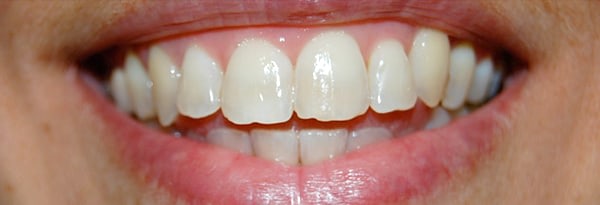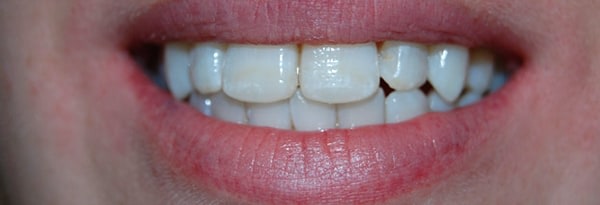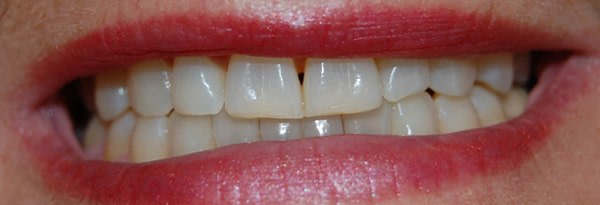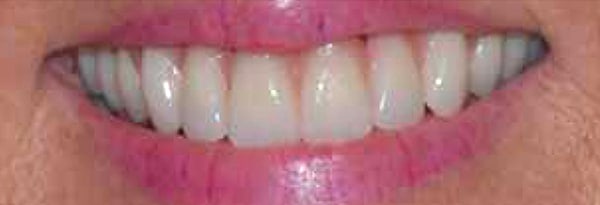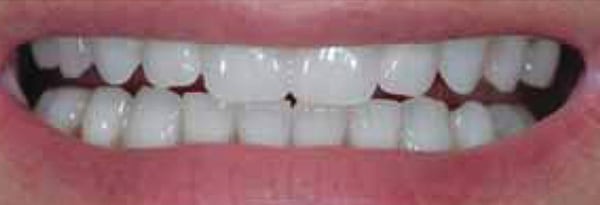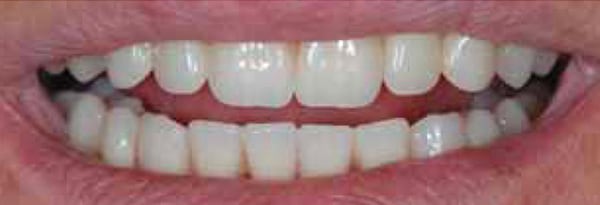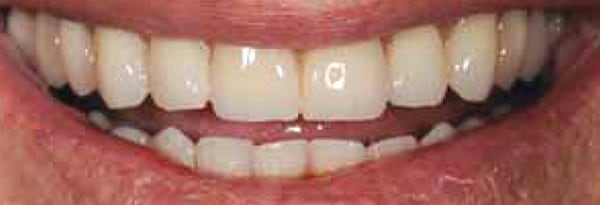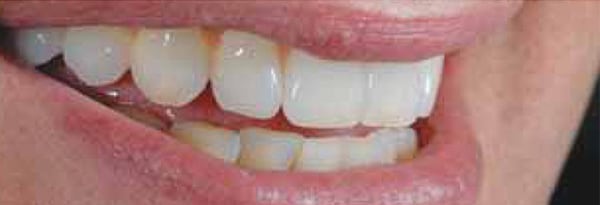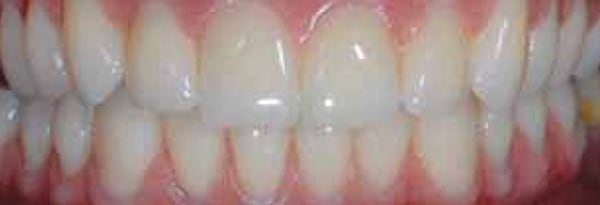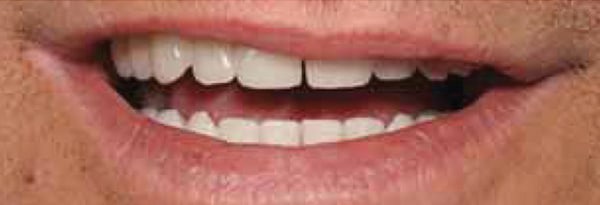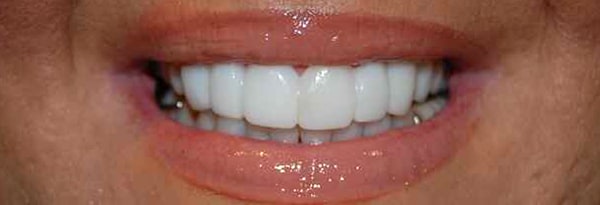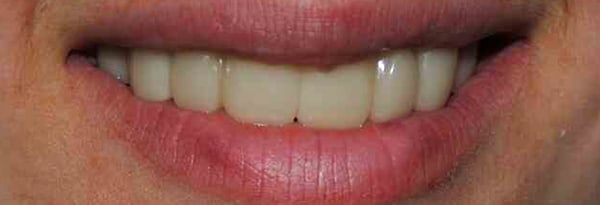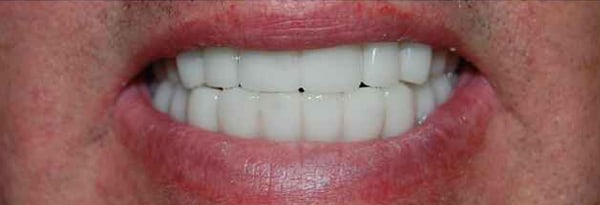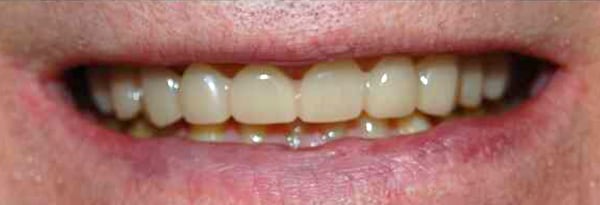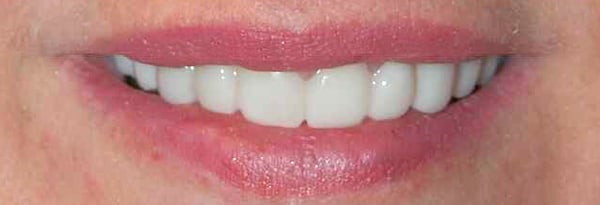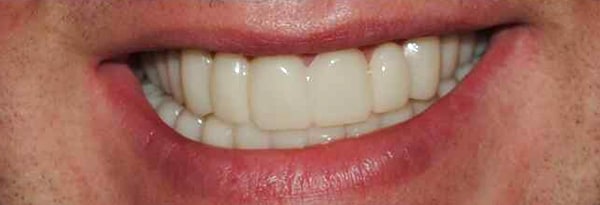
Experience the Dawson Dental Difference
With convenient locations across Ontario, we offer everything you need for your dental health all under one roof, right here at Dawson!

Experience the Power of a Confident Smile
At a Dawson Dental clinic, what matters to you matters to us. Our team will make sure your dental journey is tailored to match your needs, lifestyle, and goals. Even if it’s been years since you last visited your family dentist, we can help. Find your nearest dentist at one of our dental offices near you.
With our range of focused in-house doctors, we provide a comprehensive range of tratment. Sometimes just a few minor changes make all the difference. In other cases, you may want to address many teeth. Bring us your concerns, and our team will work with you to develop the best course of treatment to achieve your ideal smile. You’ll be amazed at what we can accomplish together! Don’t wait one more day to experience the power of a confident, healthy smile.
Featured Dental Services
We offer comprehensive dental care for the whole family, from children’s services and Invisalign to restorative treatments like dental implants.
Life Changing Transformations
See the stunning transformations in our Smile Gallery—real patients, real results, and confident smiles brought to life through dental care.
27 Convenient Locations Across Southern Ontario
Find A Dawson Dental Near You
With convenient locations across Ontario, we offer everything you need for your dental health all under one roof, right here at Dawson!

